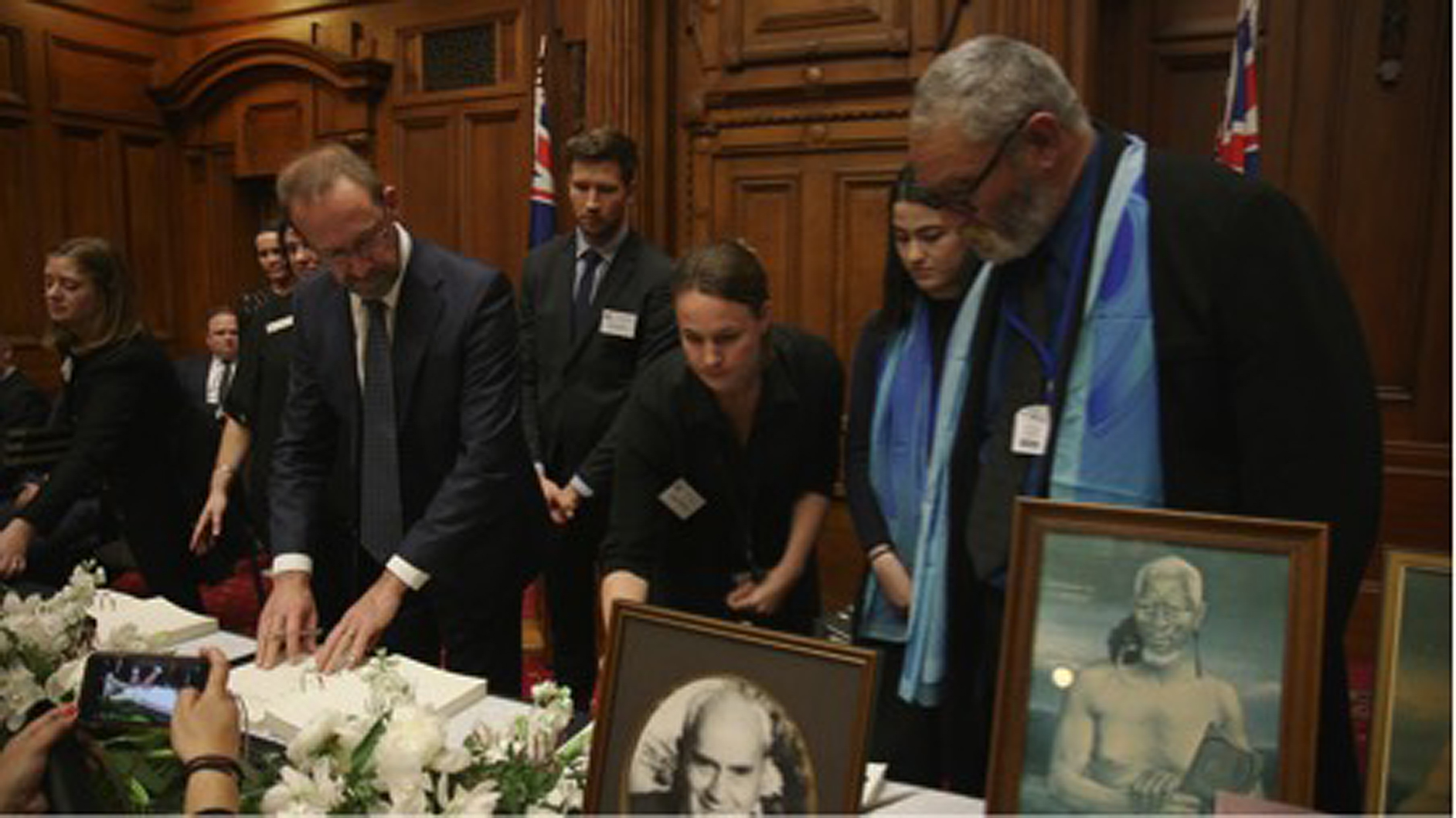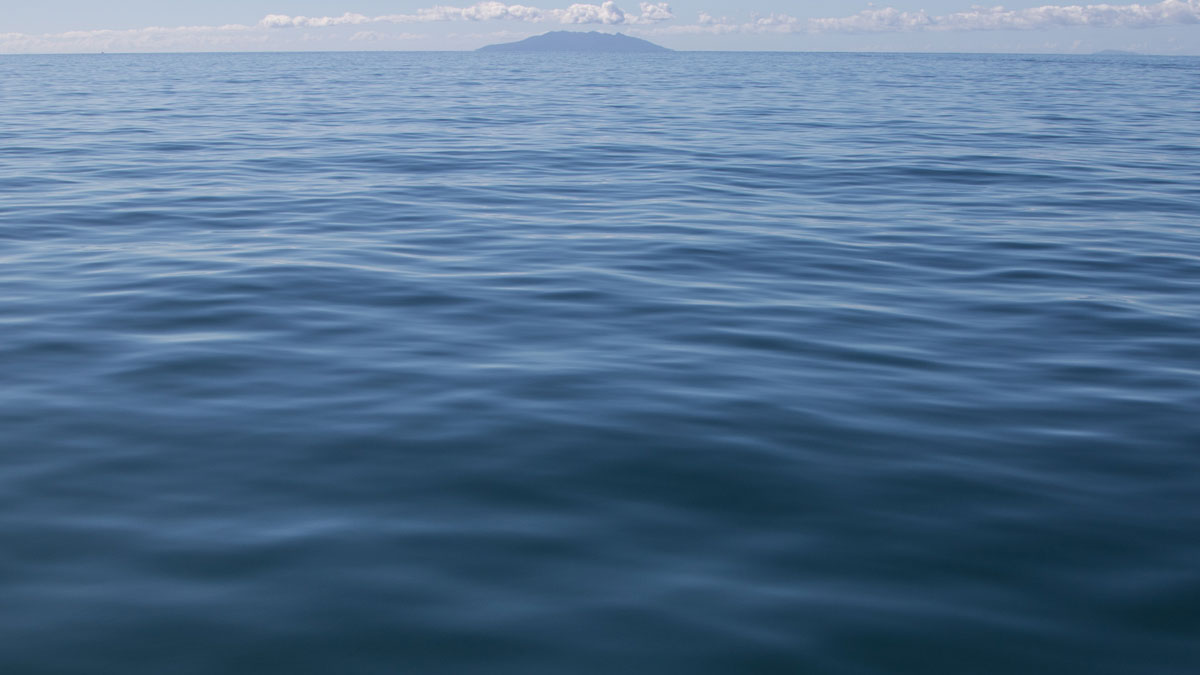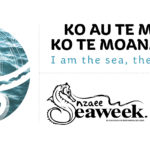Maunga returned, key roles in co-governance and management of resources
Pare Hauraki – the 12 iwi of the Hauraki region – have signed their Collective Treaty Settlement Deed at Parliament ending a 40-year wait. The deed signing comes after nearly ten years of Crown negotiations and a 93 percent ratification vote by the Iwi of Hauraki in favour of the settlement.
Including the cash settlements to each of the 12 iwi, the total value of the Hauraki settlement package is over $250 million, making this the largest collective Treaty settlement to date. It includes the return of two iconic ancestral maunga – Moehau on the Coromandel Peninsula and Te Aroha – and 25,000 hectares of commercial forests. The Hauraki Collective represents 12 iwi with a tribal rohe from Te Arai Point in the north to Tauranga Moana in the south. Each iwi is also negotiating individual settlements with the Crown.
Paul Majurey, who chairs the Hauraki Collective and led its negotiations with the Crown, said the settlement ratification comes forty years after the original Treaty claims work began.
“This is a historical milestone and our people have made it very clear they want this settlement completed now after waiting for decades and losing so many of our elders along the way. “It was forty years ago that our collective Treaty claims began. In its comprehensive report, the Waitangi Tribunal confirmed Hauraki Iwi suffered raupatu by the Crown and were marginalised in their own rohe by the significant loss of land and resources, and that no other iwi suffered greater land alienation. “The settlement provides a modest package for those injustices. The Crown will return to Pare Hauraki areas of land with significant spiritual and cultural importance and extensive commercial assets, including large state forest holdings, rental monies and commercial land portfolios, and provide iwi with key roles in co-governance and management of rivers and natural assets and resources throughout our rohe.”
Some of the features of the settlement include:
- The return of two iconic ancestral maunga – Moehau and Te Aroha.
- Co-governance arrangements with Hauraki Iwi co-governance and co-management of rivers and catchments, and conservation lands in the Coromandel Peninsula, Hauraki Plains, Waikato, Tauranga Moana and Hunua Ranges.
Commercial redress including:
- 25,000 hectares of forests and rental monies.
- financial redress (cash) package for the Iwi of Hauraki, delivered in the iwi-specific deeds of settlement, of $143 million.
- The Pouarua Farm, the largest single dairy platform in the Hauraki region, was offered to the Hauraki Collective and ultimately accepted by five of the iwi. This involved the largest on-account Treaty settlement ever made by the Crown ($53 million).
- 41 commercial properties transferred via the Hauraki Collective to the Iwi of Hauraki.
- Ownership of all Crown-owned minerals in land transferred to the Hauraki Collective, other than nationalised minerals. The Crown must also involve Hauraki Iwi in any decision to review Crown ownership of gold and silver.
“This settlement means the iwi of Hauraki will forever have a role in the governance and management of our natural resources. Two of our maunga – Moehau and Te Aroha – are spiritual and cultural icons for our people, and it is pleasing to see that recognised in the settlement deed. “We are a large iwi grouping with an extensive tribal area, and it is to be expected that our settlement has been complex. “Given the complex and interwoven nature of customary interests throughout Aotearoa, Treaty settlements need to recognise shared and overlapping interests and rights. Pare Hauraki recognise all the iwi with whom we have shared interests.
“With the signing of the Collective Deed and enabling legislation to be introduced to Parliament, the final steps will be to conclude negotiations between the Crown and each iwi of Hauraki which still have specific Treaty claims to settle. Good progress has been made and we look forward to these being concluded in the coming months,” Mr Majurey said.
The Deed does not provide for cultural redress in relation to harbours and Hauraki Gulf/Tīkapa Moana. These will be developed in separate negotiations as soon as practicable.








